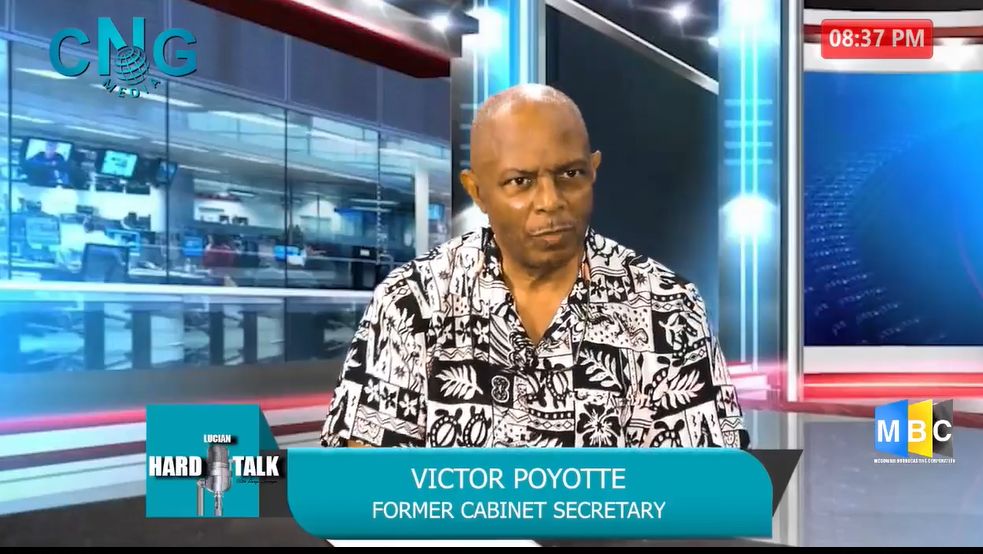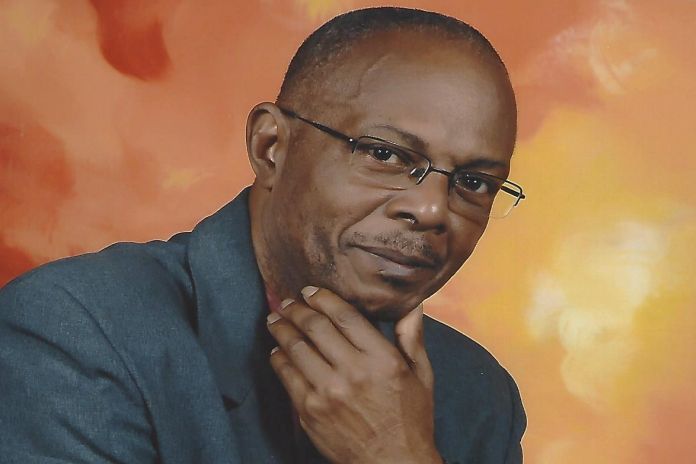By Victor Poyotte
It is my understanding the government of Saint Lucia proposes to amend Section 6, Sub-section 6.2 (7), (8) and (9) of the Pensions Act of 1967, Cap. 15.26 of the revised laws of Saint Lucia to facilitate payment of an amount equal to ten percent of the gross earnings of a public officer arising from his or her pensionable service, to be paid directly to the public officer, if he or she — (a) is entitled to a pension under this Act; and (b) resigns from the public service before reaching the age of retirement but after attaining ten years of pensionable service.
In my previous article, I warned public officers that one of the conditions which the government of Saint Lucia would have to meet on accepting a loan from the International Monetary Fund (IMF) is the downsizing of the public service. I now take this opportunity to draw the attention of public officers that the proposed amendment to the Pensions Act, is a first indicative step towards realizing the downsizing objective announced earlier in the year by the minister for economic development.
Issues yet to be addressed
A quick review of the relevant provisions of the 1967 Pensions Act would point to the following as the four main issues that the current legislation fails to address:
First, Sub-section 7 of the Act, makes provision for the minister of finance to cause the amount due to eligible officers who resigns from the public service after at least ten years of service, that is equal to ten percent of his or her gross earnings arising from such public service to be paid to the National Insurance Fund on the public officer’s behalf. However, since the enactment of the legislation the government is yet to put in place the systems required to transfer the ten percent of the gross earnings of public officers to the National Insurance Corporation (NIC).
Second, a public officer who is entitled to a pension under the current Act and resigns from the public service before reaching the age of retirement but after attaining ten years of pensionable service would have received payment on reaching age 55 years which is the compulsory age of retirement in the public service. However, under the current arrangement, the public officer must wait until he/she reaches the age of 60 years to qualify for the payment of his/her pensions from the NIC.
Third, the direct payment addresses the gap of at least ten years or more that exist between the age at which the public officer resigns from the public service and the age when he/she is entitled to receive the NIC pension payment. However, it does not include any safeguard to ensure that the public officer receives some form of regular benefit payments when he/she reaches the age of retirement. The direct payments makes no provision for financial counselling or guidance on financial management to public officers.
During that time, the public officer has the option of either taking up employment elsewhere with a new employer or start a small business enterprise of his/her own or with partners.
Fourth, and perhaps the most critical is that when a public officer submits his/her application to NIC for payment of his/her benefits, he/she would be informed that government made no arrangement for the payment of pension. This means that the government remains indebted to the public officer for the ten percent of the gross earnings accumulated as a public service employee.
Fifth, in the past two decades there have been several public officers who have resigned from the public service without receiving payment from government of the ten percent of the gross earnings which they accumulated as a public service employee. By now, most of these public officers have reached age 60 years and are looking forward to receiving their benefits.

Why introduce an amendment bill at this time?
All affected public officers (myself included) are curious to find out why the government waited until the eve of a general elections to address this issue. Let me proffer a few obvious reasons.
- Satisfying the International Monetary Fund (IMF) loan requirements
In my previous article, I warned about the implications for public officers, citizens of Saint Lucians and the country if the government of Saint Lucia were to accept a loan from the IMF. I indicated that the IMF normally impose tough cost cutting conditions on a borrowing country such as eliminating social programs and downsizing the public service. The proposed amendments to the Pensions Act, for consideration at the next sitting of the House of Assembly, are in my view, the first indicative step towards satisfying these IMF conditions.
By now you may be asking what does the enactment of a Pensions Act Amendment Bill have to do with the loan obtained by government from the IMF? Just in case you have not made the connection and are still wondering what this is all about let us examine the pertinent issues more closely.
On the face of it, the amendments look attractive to a career public officer facing mid-life crisis and is seeking a career change in the private sector or a civil society organization. They may also benefit a public officer who is prepared to take the leap of faith as an entrepreneur to implement a long-desired business initiative. What public officers must consider is the downside to the direct payment mechanism proposed in the amendments to the Pensions Act do not address issues related to public officers who resign after giving less than ten years of public service.
- The public service cost cutting strategy
During these past four plus years, Saint Lucians have become aware of the excessive borrowing of this government from local, regional and international financial institutions. With respect to the IMF, one of the standard loan conditions which a borrowing will have to meet is the stipulation that the governing administration must introduce measures to cut cost associated with the implementation of national policies, plans, programs and projects. Public officers must not be blinded and see what is taking place as a move to cut government recurrent expenditure in light of the many instances of late payment or non-payment of wages and salaries to public officers in certain agencies and the recent disbanding of the COVID-19 Wardens.
- The public service downsizing strategy
According to the proposed amendment of the Act, once passed, the minister of finance would be able to pay directly to a public officer, the ten percent of gross earnings accumulated due to him/her up to the date of resignation. Such a strategy is clear, the government intends to target certain public officers to offer each of them a golden handshake or what is ostensibly a significant monetary package provided he/she is willing to take early retirement from the public service. Therefore, the administration can use the handshake as a pretext to downsize the Saint Lucia public service.
- Political appeasement
Perhaps an even more interesting aspect of the strategy is the apparent effort by the current administration to give a false impression that it will satisfy the concern of public officers relating to the non-payment of pension benefits. As a matter of fact, given the time left in the tenure of the current administration one detects that it is simply arranging to defer responsibility for meeting the cost of the outstanding pensions payment to the incoming administration.
To be continued … Part 2 – Concerns that the current government should have addressed in the proposed amendments.





